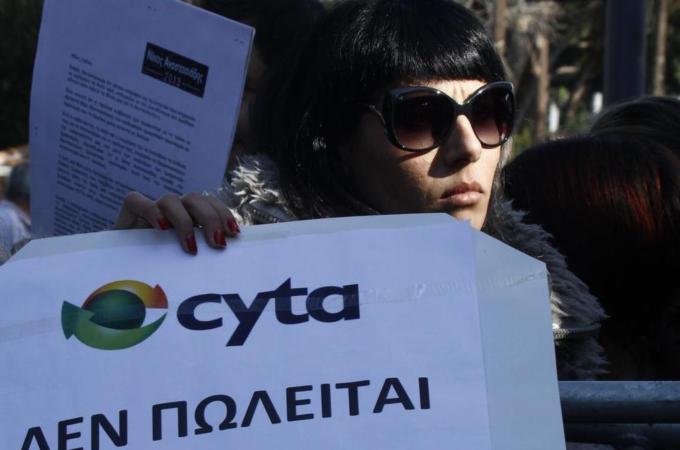The Cypriot parliament has approved a roadmap for privatisations, averting a showdown with international lenders insisting on state sell-offs as part of a $13.77bn bailout package.
In a show of hands on Tuesday, 30 politicians in the 56-member parliament endorsed a guideline for asset sales, a day before a deadline for approval was set to expire on March 5.
The parliament`s rejection of an earlier privatisation motion on February 28 risked derailing the bailout accord that was brokered with the European Union and International Monetary Fund in March 2013.
Cyprus must raise $1.93bn from privatisations as a condition of the bailout, or rescue money will not be distributed.
Left-wing parties had thrown out the bill over concerns that workers` rights would not be safeguarded.
Finance Minister Harris Georgiades applauded the vote which he said ensured that the country could stay afloat and on a path towards stability.
Apart from being an obligation, the privatisation programme is also an opportunity to attract investment, bolster efficiency and competitiveness and shed the weight of state control on significant sectors of the economy,`` said Georgiades.
Job security concerns
The vote in favour came after the government made revisions to the legislation that it said addressed job security concerns and which would give politicians a say on how the privatisation programme proceeded.
Those were demands that the centre-right Democratic Party, or DIKO, insisted be incorporated to ensure its support.
We are satisfied with the amendments and this allows us to approve the legislation,`` said DIKO leader Nicholas Papadopoulos.
Nicos Nicolaides, of the socialist party EDEK, said the bill would lead to the unruly sell-off of state-owned companies.
Workers at the state electricity, telecommunications and ports authorities, fearing for their jobs and cradle-to-grave benefits, had staged strikes last week to protest against the bill.
The March 2013 bailout deal followed a severe banking crisis which plunged the island into a deep recession.
The recession has bottomed out, with the European Union predicting that the Cypriot economy will start growing again next year.
Photo: Left-wing parties protesting the draft bill over concerns that workers` rights would not be safeguarded. Source: EPA














